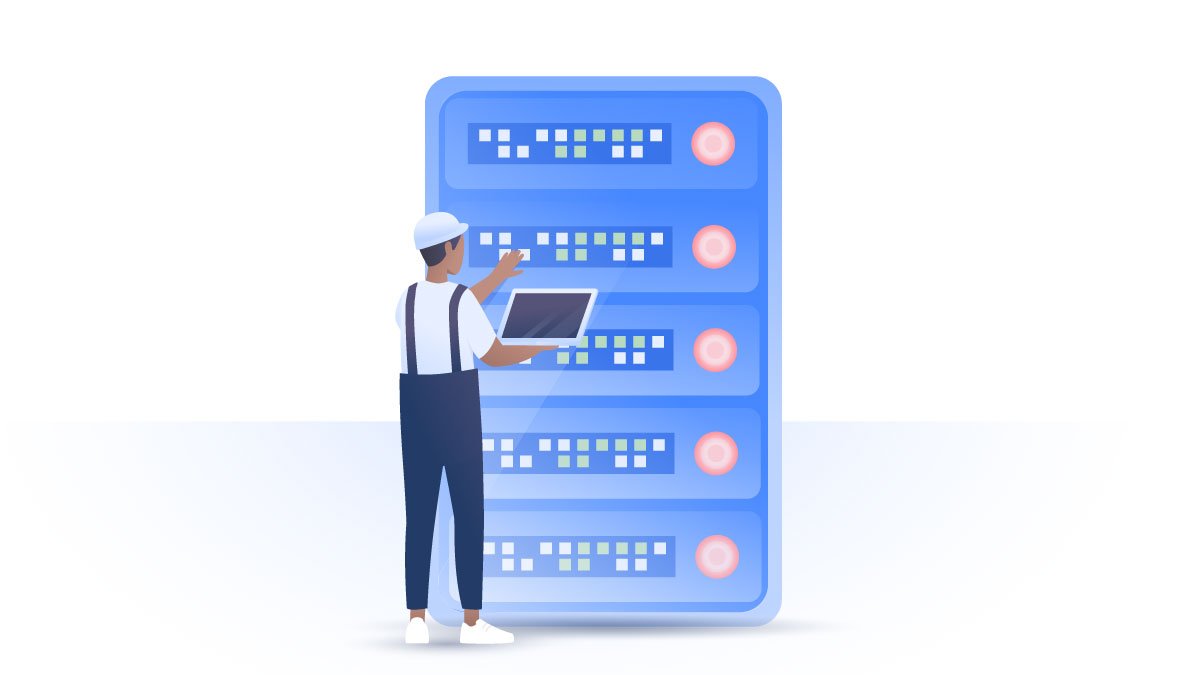Half of women say they’re responsible for solving tech issues at home
As many as 54% of women consider themselves responsible for decisions about IT software purchases and solving tech issues at home. In our latest research we highlight the importance of gender balance in online risk management.
Zen Bahar
Dec 02, 2020 · 3 min read

Tech is everywhere, and we’re no longer talking just about laptops, PCs, and phones. It's now in our virtual assistants too – Alexa, and Siri, our thermostats, TVs, cars, lightbulbs, coffee machines, and baby monitors.
We asked around to find out more.
With more mics, sensors, cameras, and internet-connected things around the home, we’re less concerned with knowing how to manually fix a device and more with troubleshooting issues and understanding the threats they harbor. But who do we actually turn to when we need help? We asked 2,000 men and women across all ages in the US and Germany about their tech habits at home.
The results were both comforting and worrying
Women between the ages of 19 and 24 are twice as likely to rely on their parents to solve tech issues. But moms between the ages of 45 and 74 said they leave tech issues like malfunctioning apps to their children. Men, on the other hand, are less inclined to do so.
A whopping 75% of men claim to be the person who deals with tech-related questions at home, but 14% leave the purchasing of tech (like a VPN) or troubleshooting a malfunctioning device to their female partners. When it comes to online security, women are more concerned with protecting themselves online and take measures such as using unique passwords to stop their accounts from being hacked. In fact, women tend to use unique passwords more often than men.
But there’s more
Men reported that they understand security more but display riskier behavior. There could be an element of confidence at play here and, perhaps, a feeling of being equipped enough to deal with issues as they arise. In contrast, women report lower understanding but more concern over things going wrong. Could this make women actually better prepared against online threats?
While both men and women showed confidence in dealing with tech issues at home, age is also a significant factor in determining how proactive we are in dealing with technology. Naturally, younger generations are better at troubleshooting gadgets designed in their era. Since technology is constantly evolving, it can be difficult for parents to keep up with the latest advancements.
How can we improve?
As cybersecurity advances, cyberattacks also get more creative, which means that we need to apply cybersecurity tools in more specific ways. For instance, there was less urgency to use a VPN in the past, but the success of online advertising has given ISPs more reason to sell your data and browsing habits to third parties. In the meantime, hackers also continue to rise to new challenges, like infiltrating your devices, spying on you through oyur virtual assistants, and penetrating your home devices with cyberattacks that can leave your finances and personal information in a mess.
Taking responsibility for your online security is a lot simpler than it used to be, and the growing demand in VPN apps signals the awareness of the need to be protected online. In fact, 80% of our users choose NordVPN because they want privacy and protection.
Remain security-conscious when purchasing any internet-connected device. And, if you’re worried about the amount of gadgets in your home that could be infiltrated, just use NordVPN on your router. It keeps all of your online activity private.
For more in-depth research by NordVPN, check out our Cybresecurity and Privacy Research Lab.
Want to read more like this?
Get the latest news and tips from NordVPN


